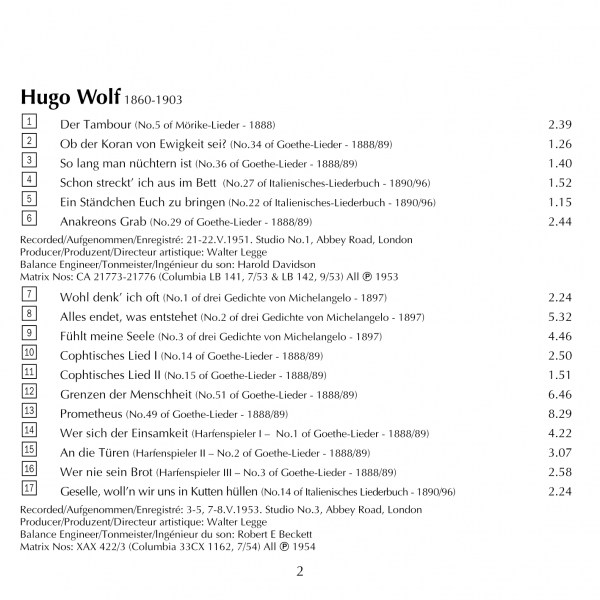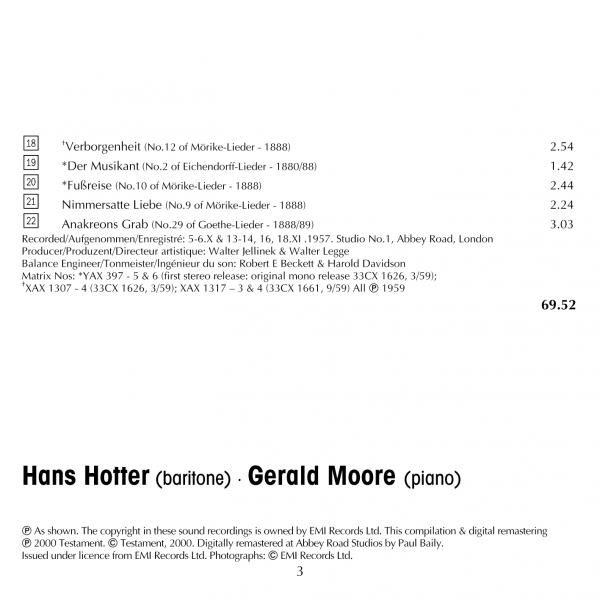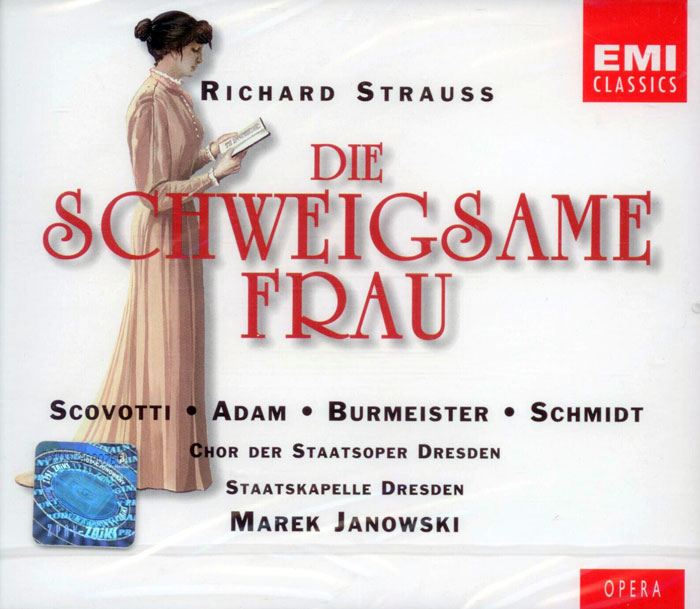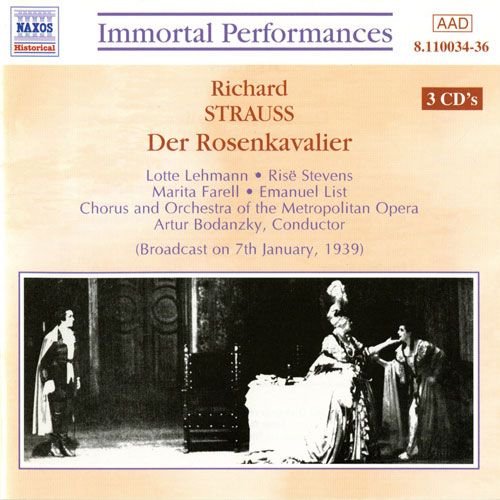Logowanie
OSTATNI taki wybór na świecie
Nancy Wilson, Peggy Lee, Bobby Darin, Julie London, Dinah Washington, Ella Fitzgerald, Lou Rawls
Diamond Voices of the Fifties - vol. 2
Tylko 1000 egzemplarzy!!!
DVORAK, BEETHOVEN, Boris Koutzen, Royal Classic Symphonica
Symfonie nr. 9 / Wellingtons Sieg Op.91
nowa seria: Nature and Music - nagranie w pełni analogowe
Petra Rosa, Eddie C.
Celebrating the art and spirit of music - vol. 3 - Pure
warm sophisticated voice...
Peggy Lee, Doris Day, Julie London, Dinah Shore, Dakota Station
Diamond Voices of the fifthies
Tylko 1000 egzemplarzy!!!
SAMPLER - STS DIGITAL, Buddy Tate, Milt Buckner, Walace Bishop
Jazz Masters - Legendary Jazz Recordings - v. 1
proszę pokazać mi drugą taką płytę na świecie!
Chesky! Niezmiennie perfekcyjny
Winylowy niezbędnik
ClearAudio
Double Matrix Professional - Sonic
najbardziej inteligentna i skuteczna pralka do płyt winylowych wszelkiego typu - całkowicie automatyczna
WOLF, Hans Hotter, Gerald Moore
Lieder Recital
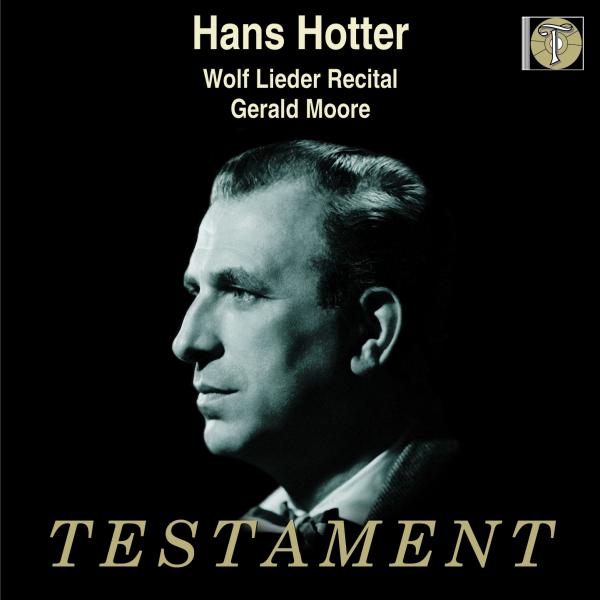
- 1. Der Tambour ("Wenn meine Mutter hexen könnt"), song for voice & piano (Mörike Lieder): Der Tambour (2:37)
- 2. Ob der Koran von Ewigkeit Sei? song for voice & piano (Goethe Lieder): Ob der Koran von Ewigkeit sei (1:25)
- 3. Gedichte von J.W. von Goethe (51), for voice & piano: So lang man nüchtern ist (1:39)
- 4. Schon streckt' ich aus im Bett, song for voice & piano (Italienisches Liederbuch): Schon streckt' ic (1:52)
- 5. Ein Ständchen Euch zu bringen, song for voice & piano (Italienisches Liederbuch): Ein Ständchen Euch (1:15)
- 6. Anakreons Grab ("Wo die Rose hier blüht"), song for voice & piano (Goethe Lieder): Anakreons Grab (2:44)
- 7. Wohl denk ich oft, song for voice & piano (Michelangelo Lieder): Wohl denk' ich oft (2:24)
- 8. Alles endet, was entstehet, song for voice & piano (Michelangelo Lieder): Alles endet, was entstehet (5:31)
- 9. Fühlt meine Seele, song for voice & piano (Michelangelo Lieder): Fühlt meine Seele (4:46)
- 10. Cophtisches Lied I ("Lasset Gelehrte"), song for voice & piano (Goethe Lieder): Cophtisches Lied I (2:50)
- 11. Cophtisches Lied II ("Geh! gehorche meinem Winken"), song for voice & piano (Goethe Lieder): Cophtis (1:50)
- 12. Grenzen der Menscheit ("Wenn der uralte heilige Vater"), song for voice & piano (Goethe Lieder): Gre (6:45)
- 13. Prometheus ("Bedecke deinen Himmel, Zeus"), song for voice & piano (Goethe Lieder): Prometheus (8:28)
- 14. Harfenspieler I ("Wer sich der Einsamkeit ergibt"), song for voice & piano (Goethe Lieder): Wer sich (4:21)
- 15. Harfenspieler II ("An die Türen will ich schleichen"), song for voice & piano (Goethe Lieder): An di (3:06)
- 16. Harfenspieler III ("Wer nie sein Brot mit Tränen ass"), song for voice & piano (Goethe Lieder): Wer (2:57)
- 17. Geselle, woll'n wir uns in Kutten hüllen, song for voice & piano (Italienisches Liederbuch): Geselle (2:24)
- 18. Verborgenheit ("Lass, o Welt, o lass mich sein"), song for voice & piano (Mörike Lieder): Verborgenh (2:53)
- 19. Der Musikant ("Wandern lieb ich"), song for voice and piano (Eichendorff Lieder): Der Musikant (1:41)
- 20. Fussreise ("Am frischgeschnittnen Wanderstab"), song for voice & piano (Mörike Lieder): Fuáreise (2:44) >>> MP3 <<<
- 21. Nimmersatte Liebe ("So ist die Lieb!"), song for voice & piano (Mörike Lieder): Nimmersatte Liebe (2:24) >>> MP3 <<<
- 22. Anakreons Grab ("Wo die Rose hier blüht"), song for voice & piano (Goethe Lieder): Anakreons Grab (2:44) >>> MP3 <<<
- Hans Hotter - tenor
- Gerald Moore - piano
- WOLF
Bas-baryton o szczególnie urokliwej barwie. Występował we wszystkich liczących się teatrach operowych w Europie. Gdy przebywał w Monachium nawiązał bliski kontakt z Richardem Straussem, który skomponował partie specjalnie dla Hottera - Commandant w "Friedenstag" (Freedom's Day), Jupiter w "Die Liebe der Danae" (The Love of Danae), oraz Olivier w "Capriccio". Największą rozpoznawalość zyskał jednak za rolę Wotana w "Der Ring des Nibelungen" Wagnera w latach 1950 i 1960, kiedy śpiewał pod batutą takich sław jak Clemens Krauss, Joseph Keilberth oraz Georg Solti. At last: a reissue of Hotter's 1953 Hugo Wolf recital, which forms the centrepiece of this release, and it's in far better, more immediate sound than on the original LP. Hotter's interpretations of Prometheus, Grenzen der Menschheit, the gloomy Harfenspieler Lieder and resigned Michelangelo settings Wolf at his greatest remain virtually unsurpassed. They were surely written with a bass-baritone of Hotter's calibre in mind and, quite apart from his vocal prowess, his verbal insights are once again remarkable, while the account of the naughty monks' exploits from the Italian Songbook remind us of Hotter the humorist. The earlier and later items that complete the CD disclose similar gifts, notably the delightful Der Tambour and AnakreonsGrab, which, both in 1951 and 1957, matches the Innigkeit of Goethe's poem and Wolf's setting. Moore is a masterly partner in music that severely taxes the pianist. This disc is a must for Wolf enthusiasts. - The Gramophone Classical Music Guide





























